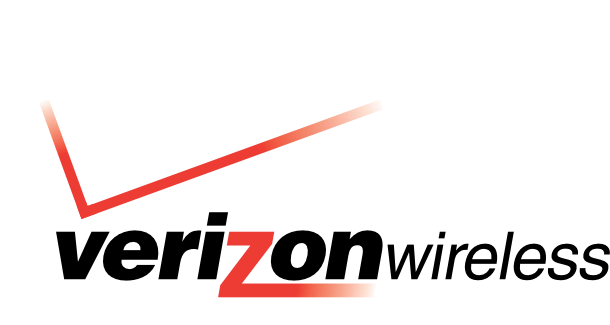Verizon announces 4G rollout, but are any of these US systems really 4G?


Is any of this really 4G?
According to the ITU-R standard none of these current LTE, HSPA+, or WiMAX network technologies are truly 4G systems. It appears that LTE has the potential to be a 4G technology, but only when it is 10 times faster than what we are seeing here in the US from Verizon Wireless. 4G systems are supposed to support data transfer speeds on the order of 100 Mbps and the areas where we are just starting to see this is in Japan and parts of Europe. These are really more of 3.9G technologies, but that doesn't have quite the ring to it as 4G.Granted, the technologies from US carriers may be fourth generation products and they are much faster than their 3G networks, but if you look at the true 4G standard these new network systems are not even close to 4G speeds and the entire 4G label is a marketing term that helps to differentiate between the existing 3G networks. They are more like Super-3G networks than 4G networks and this term is used by some researchers.
What kind of speeds can we expect from these "4G" networks?
T-Mobile's HSPA+ network supports simultaneoous voice and data with data speeds being measured in the 5-10 Mbps range (theoretical download speed is 21 Mbps). Upload speeds of HSPA+ can be in the range of 5-7 Mbps.Verizon expects their LTE average data rates in real-world, loaded network environments to be 5 to 12 megabits per second (Mbps) for downloads. I haven't yet been able to find any information on simultaneous voice and data support with Verizon's LTE.
Sprint's WiMAX network has been shown to produce speeds in the 6-8 Mbps range with 2-4 Mbps upload speeds. When connected to WiMAX you can also make and receive voice calls. WiMAX is more of a wide area WiFi network while HSPA+ and LTE are cellular longer range technologies.
I personally find better coverage with HSPA+ on T-Mobile while I regularly get the fastest speeds on my EVO 4G with Sprint.
It's still better than 3G
Even though none of the US wireless carrier technologies is truly a 4G network, the speeds of these new networks are still much faster than the previous generation of 3G networks. The speed differences between all three current carriers promoting 4G are fairly minor, but you will see some performance differences. Sprint's WiMAX technology performs rather poorly indoors and seems to have limited range within major metropolitan areas. Verizon's LTE network is based on its 700 MHz spectrum and should perform quite well indoors with eventual support from the extensive Verizon network. T-Mobile's HSPA+ is already widely deployed and supported on two current handsets and other USB dongles.Sprint has a $10 additional data fee on devices with 4G radios, T-Mobile has no pricing differences for HSPA+, and we don't yet know what Verizon's LTE pricing structure will be for handsets.
Overall, they are all faster technologies and I suppose they have to have a label for it other than 3G to differentiate to the consumer that the network is faster than before so I am fine with calling them 4G. I do get tired though of the constant digging at each other about who has the fastest 4G network since each company tends to avoid telling the whole truth and they all think they are the best. The only way to subscribe to a carrier in the US is to find the one that works best for YOU where you live, work, and play since this differs around the country and NO single network is the best for everyone.